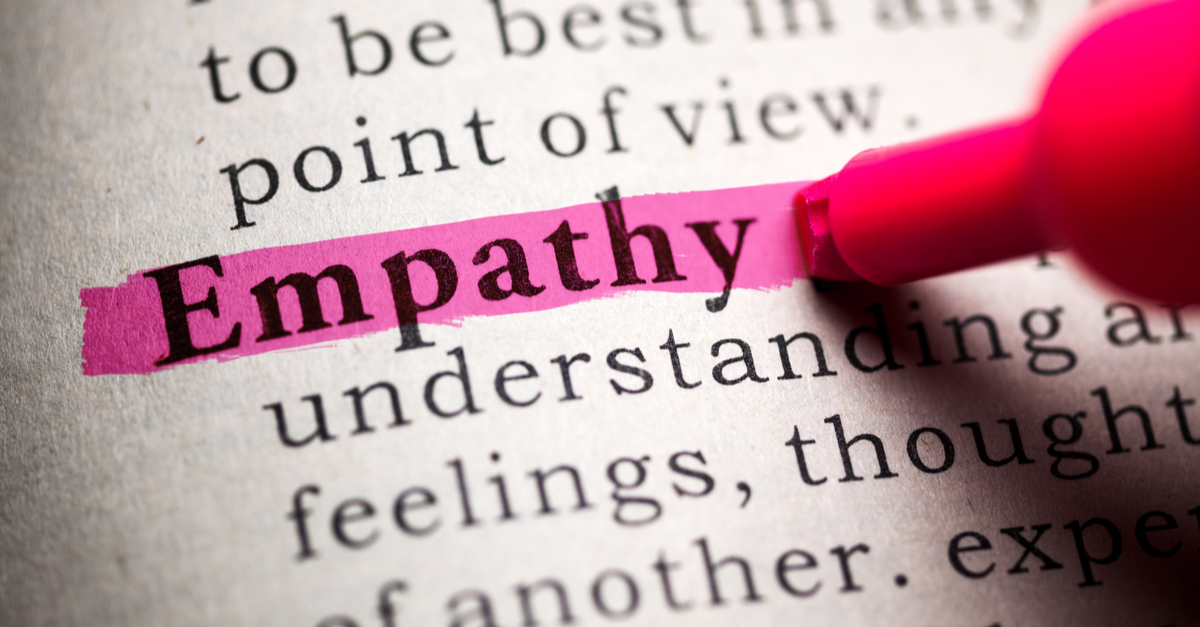 Erin Snow
Erin Snow
In his book, Out of the Doghouse, my colleague Dr. Rob Weiss lists eight specific things that men who’ve engaged in sexual infidelity can do to help mend their damaged relationship. According to Dr. Rob, the eight actions you, after engaging in infidelity, can take to repair your connection with your significant other include:
- Develop empathy for your partner.
- Learn to disagree in healthy and productive ways.
- Instead of telling your partner they care, show it.
- Always keep the need to rebuild relationship trust in mind.
- Anticipate and deal with potential hazards before they happen.
- Don’t forget about self-care.
- Express gratitude to your partner.
- View love as a verb.
In this post, I will examine the first item on this list: developing empathy for your betrayed partner.
Without a doubt, the single biggest step you can take toward rebuilding relationship trust and a more intimate bond with your mate involves empathy. Empathy, in case you’re wondering, is the ability to understand and share the feelings of another sentient being.
Deciphering your betrayed partner’s thoughts and feelings isn’t easy, of course, and you won’t learn how to do this overnight. Initially, you’ll need to learn how your partner thinks and feels through open and honest communication coupled with a bit of trial and error. You’ll have to consistently put yourself in your partner’s shoes and say things like, “I sense you’re feeling some anxiety. Is that right? If it is, can you explain what you’re anxious about? I really want to understand what you’re feeling.”
In general, however, you can bet that if your partner is behaving in a way that doesn’t make any sense to you, they are likely feeling one or more of the following:
- Fear of further loss and abandonment.
- Shame (feeling unworthy of love, as if the cheating were somehow their fault and they deserved it and can never expect anything better from you or anyone else).
- Self-doubt (fearing that whatever move they make will be the wrong one).
- Anxiety (the constant fear that something bad is lurking around the corner).
- Worries about the future (related to finances, separation/divorce, caring for the kids, etc.)
- Intrusive thoughts and mental pictures of your cheating.
All these things are very natural reactions to traumatic betrayals by a loved one (i.e., you). Fortunately, as you learn over time to empathize with your partner’s fear, shame, self-doubt, anxiety, and whatever else they are feeling—when you’re able to feel these things with your partner—it becomes much easier to understand and accept your partner’s emotional ups and downs.
* * * * * * * * * *
If you or someone you care about is struggling with sex or porn addiction, help is available. Seeking Integrity offers inpatient treatment for sex and porn addicts, as well as low-cost online workgroups for addicts and betrayed partners.
